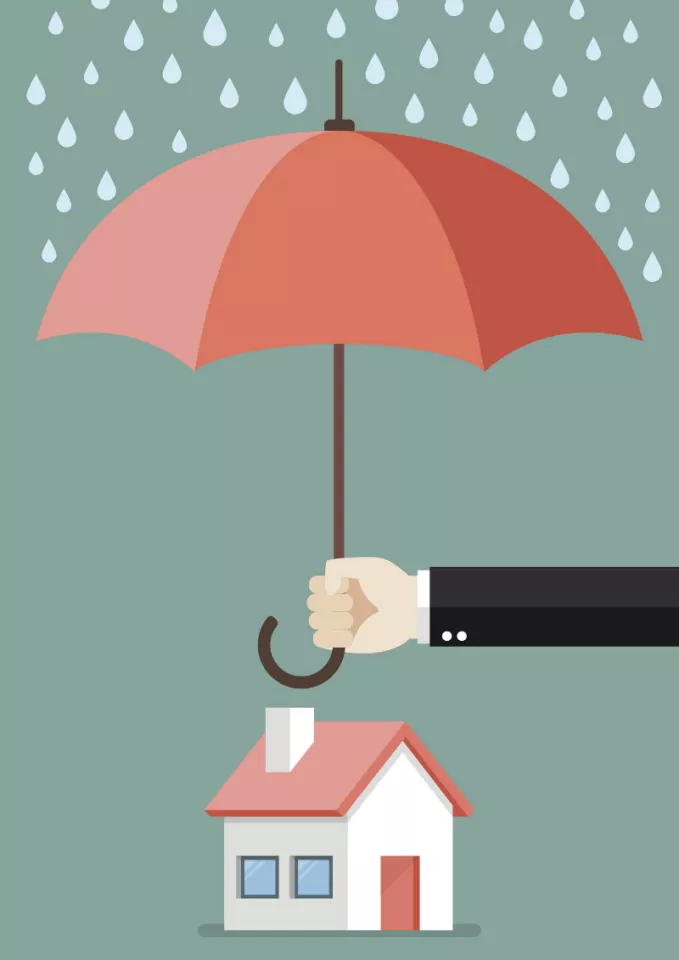
It is not always easy for owners to know what types of insurance do or do not have to be taken out. Fortunately, BuyerSide is here to give you a brief overview.
Home insurance is not an obligation!
Although no-one is obliged by law to take out home insurance (or fire insurance), this is nevertheless highly recommended. In fact, insuring your entire building safeguards you against a whole series of losses for which the tenant is not liable. For example, in the event of storm damage, you have to cover the costs.
Why isn’t the insurance taken out by my tenant sufficient?
When a tenant takes out home insurance, this is calculated on the basis of the actual value of the real estate. In other words, its value as new, less obsolescence. This is why it is important, as an owner, to have the building insured at its value as new. In this case, your property will be insured at the price needed to restore it in the event of damage. Even if your tenant is well insured, you then run no risk of losing money. In addition, this home insurance will cover your liability in the event of damage caused to third parties. For example, if a tile falls off the roof and lands on the neighbour’s car.
Waiver of recourse, additional insurance
Although you cannot oblige your tenant to take out home insurance, you can add a waiver of recourse clause in your insurance contract. This clause means that you, or your insurance company, cannot claim from your tenant in the event of damage. Although this involves a slightly higher cost when taking out the insurance policy, above all it provides additional security. In fact, the waiver of recourse clause means that you will not have to chase up your tenant to be compensated in the event of loss.
